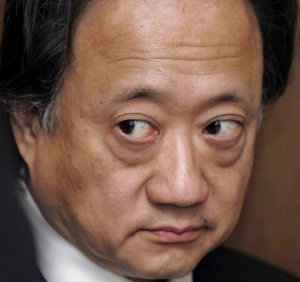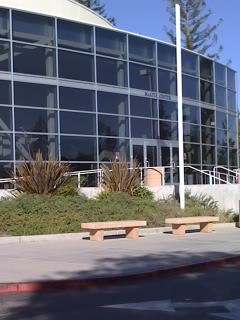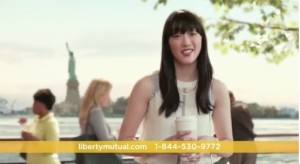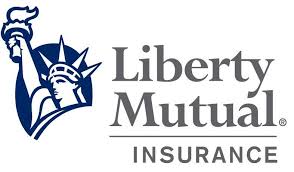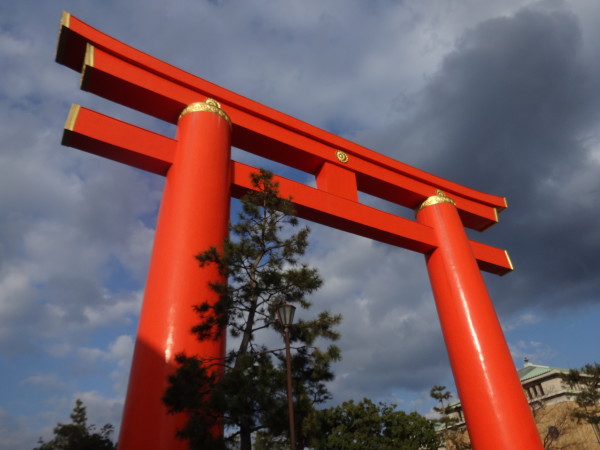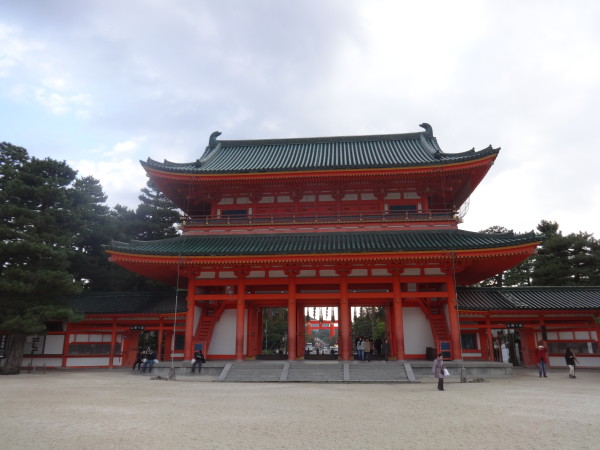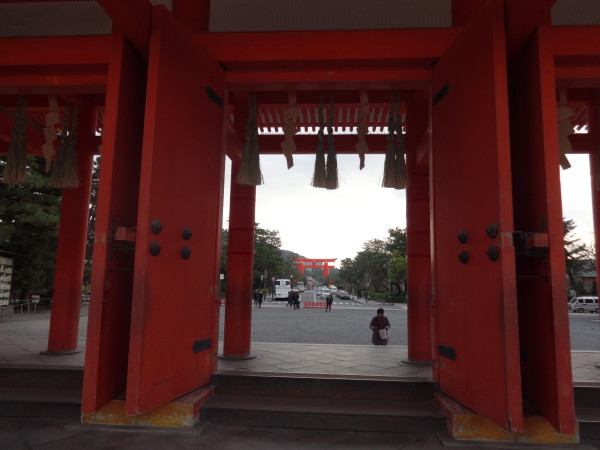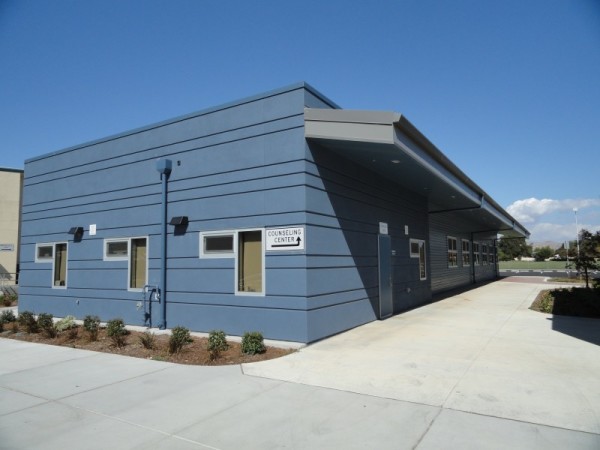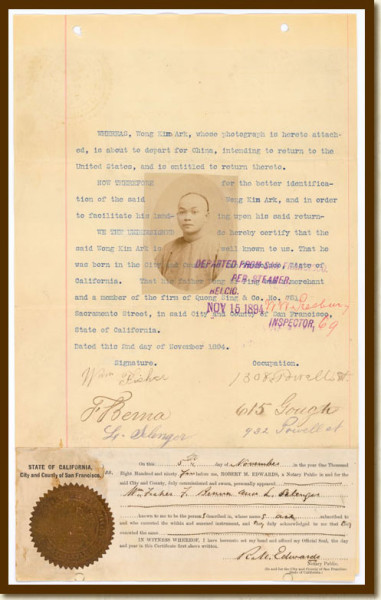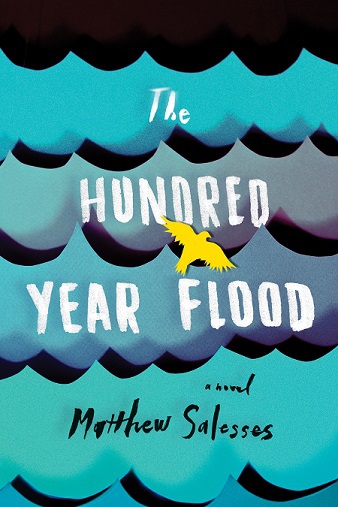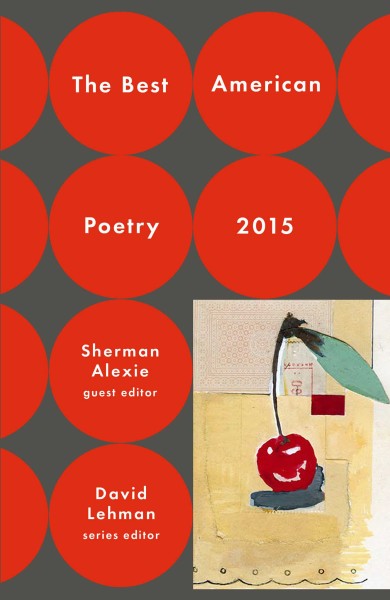 Included in this year’s edition of The Best American Poetry, edited by Sherman Alexie, is a poem worthy of significant controversy. It is a poem by one Yi-Fen Chou, the Chinese pen name of a white writer named Michael Derrick Hudson. Yi-Fen Chou is in fact the name of a woman Hudson attended high school with in Indiana.
Included in this year’s edition of The Best American Poetry, edited by Sherman Alexie, is a poem worthy of significant controversy. It is a poem by one Yi-Fen Chou, the Chinese pen name of a white writer named Michael Derrick Hudson. Yi-Fen Chou is in fact the name of a woman Hudson attended high school with in Indiana.
There has been a lot written about the whole debacle, from the New York Times to Asian American Writers Workshop. (Debacle being only one of many applicable words to describe this infuriating if sadly unsurprising additional episode in the long saga of a problematic publishing world that is somehow well-acknowledged, and yet simultaneously discounted and in perpetual need of reiteration).
But the best thing so far (in my opinion) is from Jenny Zhang, “They Pretend to Be Us While Pretending We Don’t Exist” for Buzzfeed. I highly recommend reading it in its entirety, but here are some excerpts, because THIS:
I won’t be scandalized by a white man who hasn’t considered that perhaps what helped his poem finally get published was less the fake Chinese woman he pretended to be, and more the robust, unflappable confidence bordering on delusion that he and many privileged white men possess: the capacity to be rejected forty (40) times and not give up, to be told, “no we don’t want you” again and again and think, I got this. I know what will get me in. What may be persistence to him is unfathomable to me. Continue reading

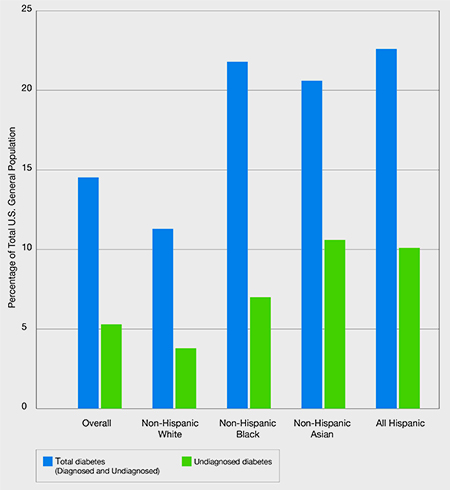
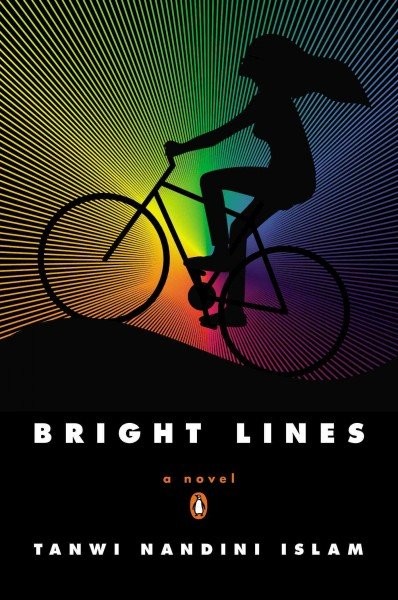 Tanwi Nandini Islam’s debut novel
Tanwi Nandini Islam’s debut novel 
